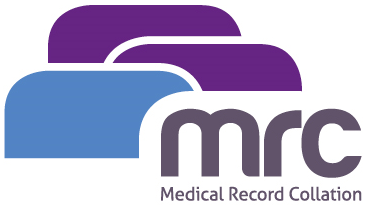I visited a long standing patient of mine, with some trepidation. I was met at the door by his rather stony faced wife.
“Ah, doctor, please come in. I expect you have come to see my husband. You’ll find him in the sitting room.”
I went through to the sitting room to find her husband sitting rather uncomfortably in the chair by the window. I knew the surgery had been extensive and the diagnosis must have been a blow to him, especially considering all his other medical, family and financial problems over recent years.
And my error really hadn’t helped the situation.
Complaints to the GMC about doctors has shown a steady rise over the last decade, with a 23% rise in 2014 compared to the previous year. The main categories of complaints are concerns about patient’s clinical management, communication issues and poor attitude or rudeness.
There are many factors that are driving this increase. Healthcare is becoming ever more complex and expectations are rising for starters. But the way that complaints are managed too is also under fire. The Health Service Ombudsman reports a significant increase in complaints relating to the way the original complaint was managed.
Certainly many complaints can be avoided by not being defensive, being open, communicating effectively and managing expectations on a one to one basis.
Also, being prepared to apologise can go a long way to defuse a situation. In doing so one is not necessarily admitting liability.
“I’ve come to see you for two reasons. Firstly, I know the diagnosis was a surprise and a major blow to you and your surgery has been extensive – I wanted to see how you are; secondly I would like to apologise to you for getting it wrong in the first place.”
Luckily, I had planned an hour for this visit and I had no other pressing issues to deal with. We had ample time to review all the issues.
A year later the patient told me that the day following my apology he discontinued his complaint about me. He also told me that I was the only doctor in the practice that he trusted.
